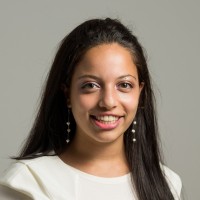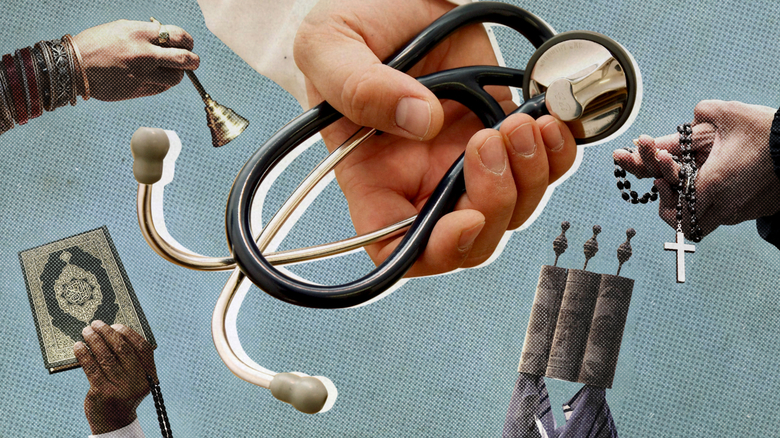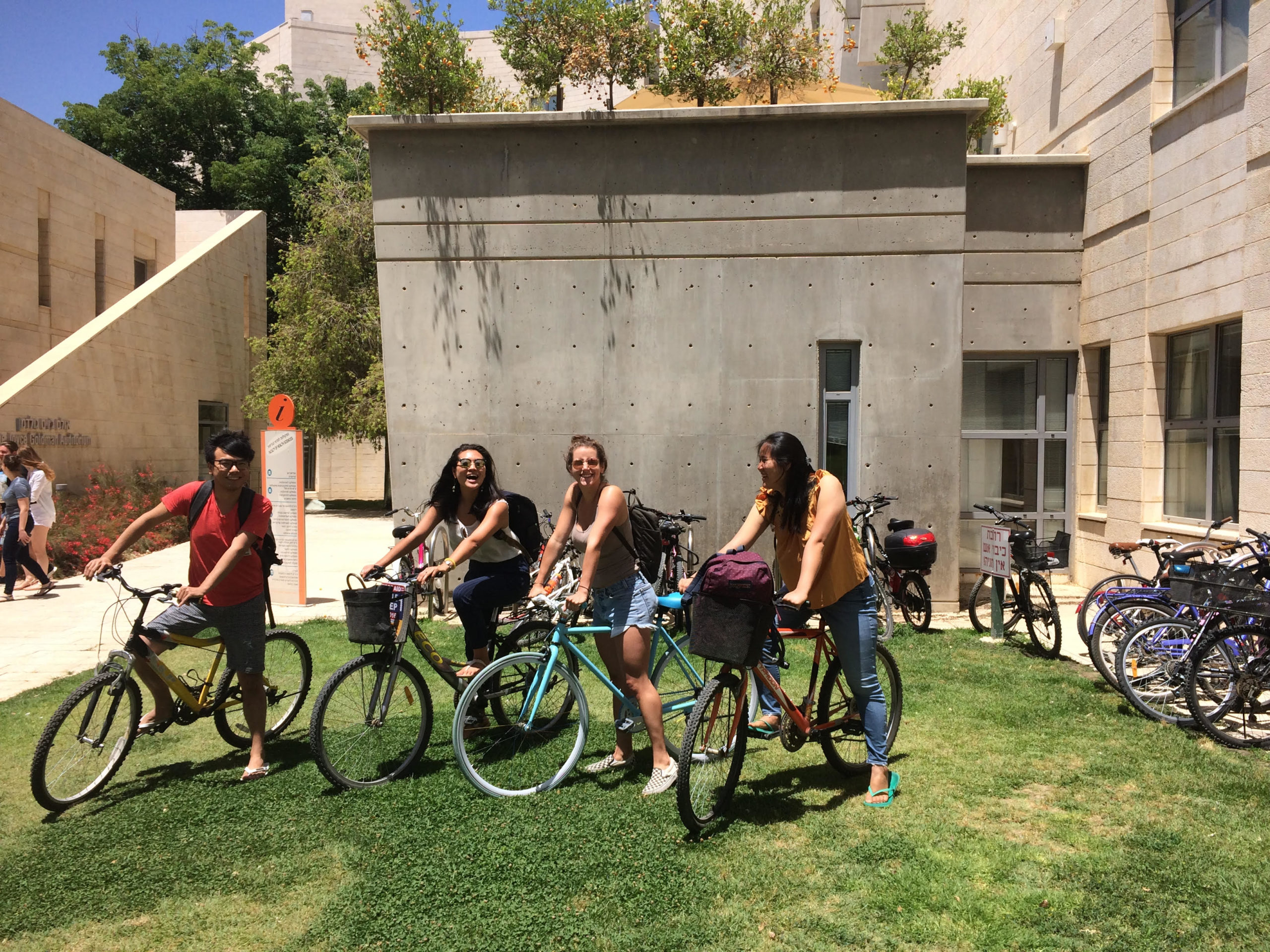Globalization has made it increasingly important that doctors have an understanding of patients’ cultural contexts and religious backgrounds so that they are able to treat each patient as a unique individual. Learning about cross-cultural differences is imperative, and is perhaps most critical near the end-of-life when diverse populations invoke their religious traditions and doctrines to questions around death and dying.
At MSIH, students learn through coursework and clinical work to be more culturally sensitive and take  into account patients’ religious, ethnic and cultural backgrounds and beliefs. This commitment to cross-cultural training and understanding is exemplified through The Palliative Care Interest Group at MSIH, a group that comforts many patients in the final chapters of their lives. In order to meet the needs of these dying patients and their families, the group offers training for all volunteers. As MSIH student Odeya Barayev explains, the “goal is to try to give Palliative Care volunteers the tools they need to really be able to connect with their patients.” As part of that training, students begin to learn about patients’ needs, as well as the needs of their families, and much of that differs based on culture and religion. Students learn about how religious beliefs may impact their approach to patient care and support.
into account patients’ religious, ethnic and cultural backgrounds and beliefs. This commitment to cross-cultural training and understanding is exemplified through The Palliative Care Interest Group at MSIH, a group that comforts many patients in the final chapters of their lives. In order to meet the needs of these dying patients and their families, the group offers training for all volunteers. As MSIH student Odeya Barayev explains, the “goal is to try to give Palliative Care volunteers the tools they need to really be able to connect with their patients.” As part of that training, students begin to learn about patients’ needs, as well as the needs of their families, and much of that differs based on culture and religion. Students learn about how religious beliefs may impact their approach to patient care and support.
Expectations of Death & Dying is a unique lecture series that the group has organized and opened to all MSIH students. Prior to attending MSIH, Odeya was asked by a patient “Am I going to heaven?” Given the many different religious views on heaven, Odeya felt she was not prepared for this theological question, and that prompted Odeya to seek guidance on the subject from different religious leaders. In order to help her classmates be more prepared for those difficult end-of-life questions, Odeya initiated a three part lecture series in which students had the opportunity to speak with religious leaders about the various expectations surrounding death and dying. As part of the series, Rabbi Avinoam Durani spoke about the Jewish perspective, Mr. Kassim Baddarni spoke about the Muslim perspective and Father Piotr Zelazko spoke about the Christian perspective. The knowledge the students gained will help them support their patients during this difficult time in a way that is individualized, culturally sensitive and appropriate.
Compassion is crucial in providing quality end-of-life care, and physician understanding is key. MSIH students are taking steps through training initiatives like this so that they are more aware, both in terms of culture and religion, and they will be better equipped to provide patients with effective end-of-life palliative care.





